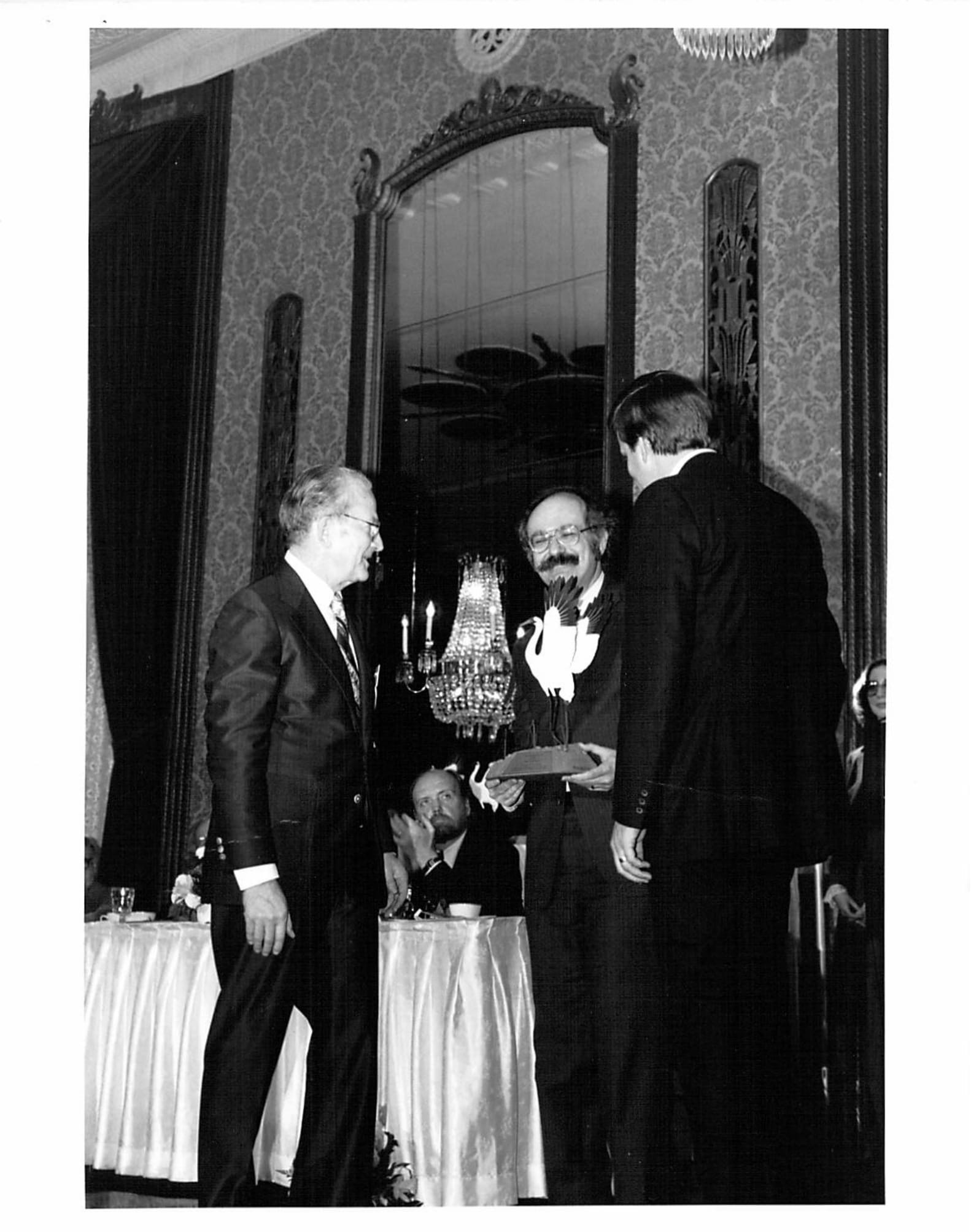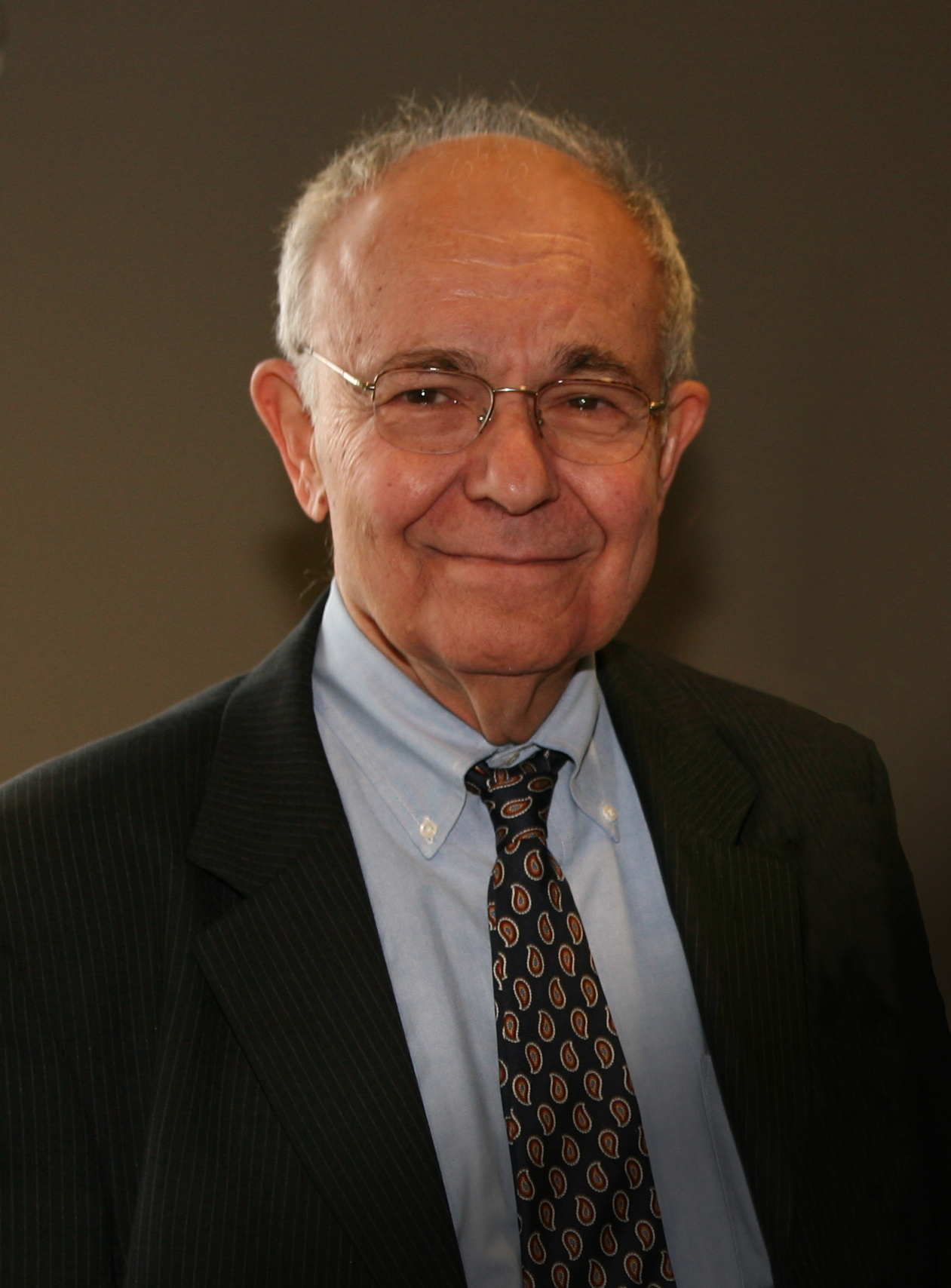bruce j. terris, founder
1933 - 2017
Bruce J. Terris, the firm’s founder, graduated summa cum laude from Harvard College and magna cum laude from Harvard Law School. In 1957, Mr. Terris joined the Office of the Solicitor General in the United States Department of Justice. During his career in the Solicitor General’s Office, Mr. Terris argued 16 Supreme Court cases on behalf of the government, including Wesberry v. Sanders (the landmark case establishing the principle of one-man, one-vote), Schneider v. Rusk, and Kennedy v. Mendoza-Martinez. He reviewed approximately 70 Supreme Court briefs, including Baker v. Carr (the landmark case establishing that legislative redistricting is reviewable by the federal courts), the related 1964 reapportionment cases, and Abel v. United States (a Soviet espionage case). Mr. Terris also had the honor of preparing Attorney General Robert F. Kennedy for his only appearance in the Supreme Court.
After leaving the Solicitor General’s Office, Mr. Terris was co-chairman of the Conference on Law and Poverty, resulting in the formation of the Legal Services Corporation, which provides legal services to the poor throughout the country. He was Assistant Director of the President’s Crime Commission, where he supervised the Commission’s work on narcotics and police-community relations. In 1968, he co-founded the Center for Law and Social Policy, one of the first public interest law firms, which represents consumers, the poor, and other usually unrepresented persons before federal administrative agencies and the courts. With the Center, he represented César Chávez and the California farm workers union in the Supreme Court (Bustos v. Mitchell); represented physicians at D.C. General Hospital and the District of Columbia chapter of the Medical Committee on Human Rights in legal actions to improve care at the hospital; represented the American Public Health Association and the National Council of Senior Citizens in a suit which resulted in an order requiring the Federal Drug Administration to speed procedures to remove several thousand ineffective drugs from the market; and represented Ralph Nader in proceedings before the Federal Trade Commission.
In 1970, Mr. Terris founded Terris, Pravlik & Millian, LLP, then known as the Law Offices of Bruce J. Terris. Mr. Terris founded the firm with the purpose of providing high-quality legal representation to individuals and groups that could not otherwise afford such services. The firm has provided these services for over 50 years in the areas of environmental, civil rights, and poverty law. Mr. Terris continued his Supreme Court practice in Sierra Club v. Fri, 412 U.S. 541 (1973) (affirming, by an equally divided court, that the Clean Air Act prevents significant deterioration of air quality in clean air areas; this case led to the adoption of the “significant deterioration” provisions of the Clean Air Act), Sierra Club v. Morton, 427 U.S. 390 (1976) (holding that the National Environmental Policy Act requires preparation of a regional environmental impact statement for subregions of the Northern Great Plains but not the entire area), Friends of the Earth v. Laidlaw, 528 U.S. 167 (2000) (holding that citizens had standing under the Clean Water Act on the basis of injuries to their aesthetic, recreational, and environmental interests), and Harris v. The Florida Elections Canvassing Commission (challenge to Florida’s 2000 presidential election results). He has also represented clients before administrative agencies and the lower courts, including in all but one federal court of appeals.
Mr. Terris was the commencement speaker and was made an honorary fellow of the University of Pennsylvania Law School in 1977. In 1981, the National Wildlife Federation awarded Mr. Terris its Conservation Law Award. Mr. Terris received the Lifetime Achievement Award from the Hackensack Riverkeeper in 2005.
Bruce J. Terris died on February 3, 2017. Memorial contributions in his honor may be made to the World Wildlife Fund, the Sierra Club Foundation, or the Waterkeeper Alliance.



